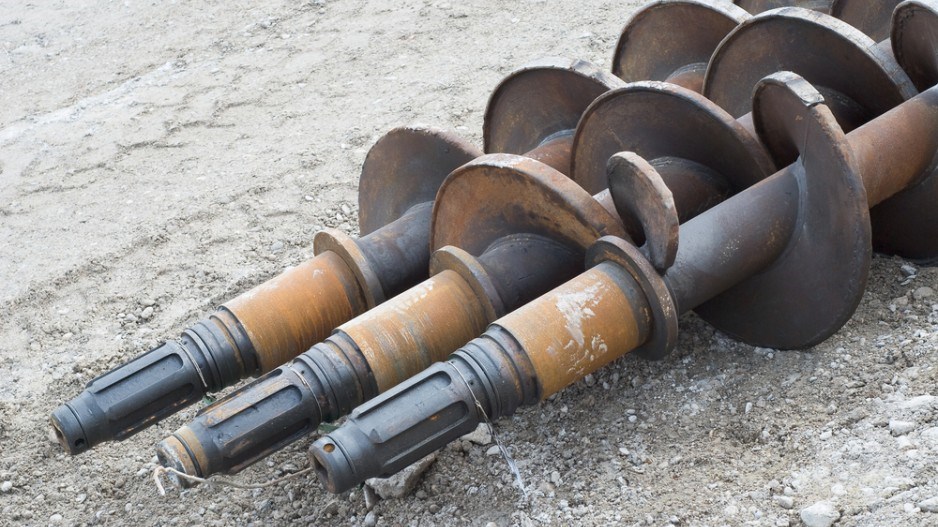There is little to no risk associated with drilling beneath lakes, rivers and streams, and this practice is “commonplace” in Northeast British Columbia, an oil and gas regulator told a crowd of residents worried about natural gas exploration beneath Swan Lake.
Around 40 Tomslake and area residents packed a rural hall to discuss the future of the lake — a popular recreation area south of Dawson Creek that in recent years has been hemmed in by oil and gas development.
They heard a presentation from an oil and gas regulator who offered facts and figures about hydraulic fracturing and fresh water — but no guarantees that fracking wouldn't put the lake at risk.
"It's insane," said Allen Watson, president of the Swan Lake Enhancement Society, of potential drilling. "That's what I called it when I first heard about it, and my notion hasn't changed one bit."
For many Tomslake residents whose quality of life has been impacted by oil and gas activity, new drilling under the lake is the last straw.
Late last year, the provincial natural gas ministry sent letters to lakeside residents, advising them that mineral rights beneath the southern half of the lake were up for auction. The rights include a section of Swan Lake Provincial Park.
A Calgary land broker bought the latest rights, which have since gone to Encana, for $4.7 million. The company would have to clear several hurdles before being allowed to drill and produce gas on the parcel.
Three wells have already been drilled under the north end of the lake by Murphy Oil — a fact Watson said residents were not notified of because the wells did not pass under private property.
The enhancement society — part residents association, part environmental group — opposes further drilling under the lake. Ducks Unlimited Canada has also raised concerns about impacts on a nearby conservation area.
Oil and Gas Commission deputy James O'Hanley came to the meeting armed with facts and figures to try to allay some of those fears.
He cited a 2012 study on the U.S. Marcellus shale formation that found risk of a well contacting groundwater drops to less than 1% at depths greater than 1,000 meters.
The gas in the Montney shale lies around 2,600 meters below the surface, while most freshwater aquifers in B.C. lie between three and six hundred meters. The lake itself is around seven meters deep.
The ministry of natural gas has said there is no risk to the lake — but O'Hanley stopped short of a
guarantee.
"Are you getting a 100% guarantee from anyone in your life — your doctor, your mechanic?" he said. "I would argue that's not how anything in life works."
Residents like Gina Goad were concerned about a well "kicking," or that flowback water would somehow find its way into the watershed. She said her community's experience with flaring — where a facility burns off excess gas — exposed the oil and gas regulator's shortcomings.
"What we see, and what [the OGC] gets in reports is not going to be the same story," she said, describing flare stacks that burned strange colours. "This is where us on the ground — we can't say no to oil and gas — but what we want is a push to make sure we know what's happening."
O'Hanley said the industry's track record suggests risk of water contamination, even from accidents, was low.
"Everywhere there's an oil and gas tenure, especially in these deep unconventional formations that rely on horizontal drilling, I would say the vast majority of those places, if they haven't already been under a water feature, they will be," he said, citing the Pine River and the Alcock-Klukas lakes as bodies of water that have been drilled under.
Watson said the enhancement society would continue to push for more input on oil and gas activity beneath the lake — with the aim of blocking a new well.
"Surely to God we can have some input into it," he said. "That's not asking for too much is it?"



